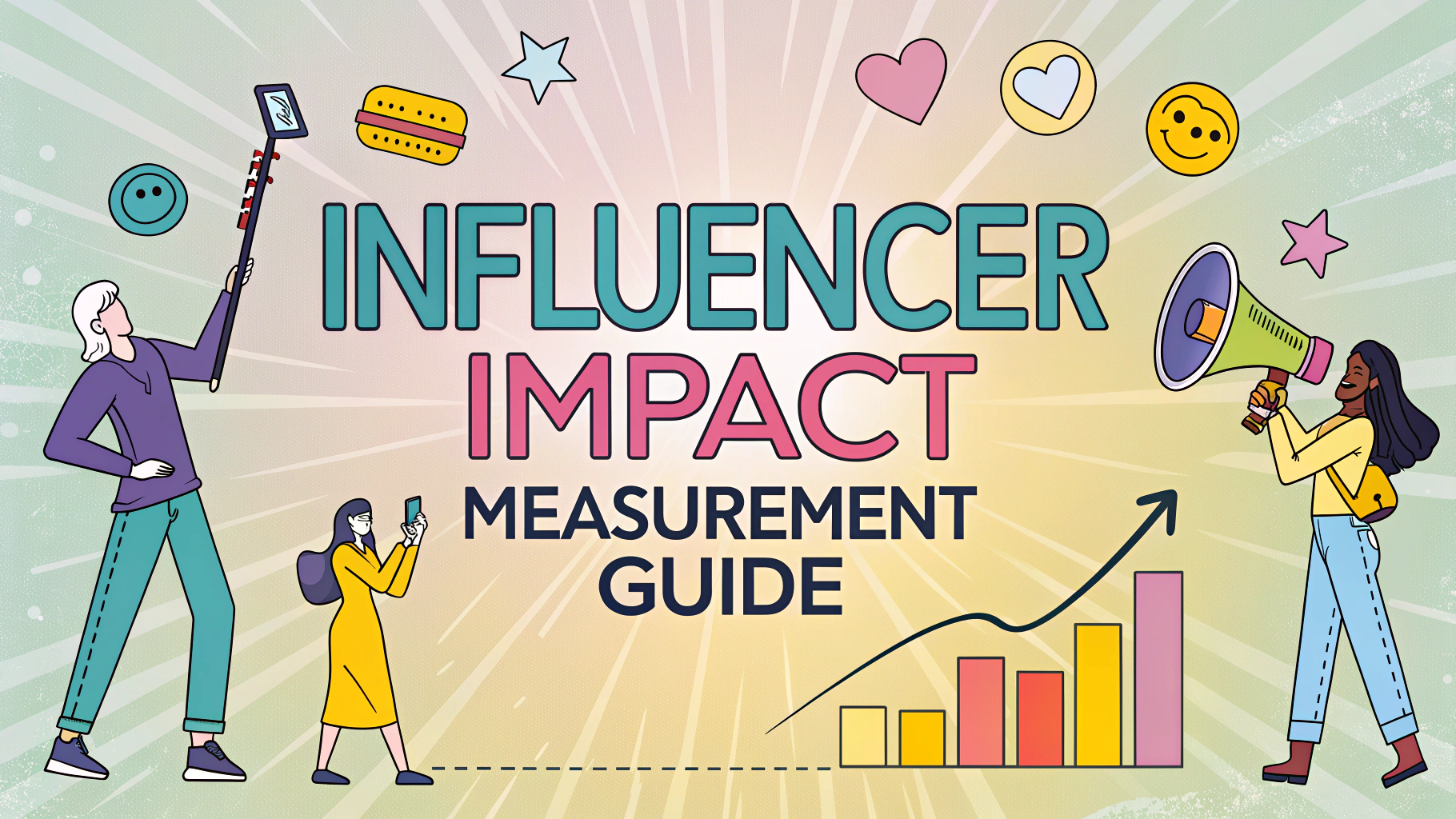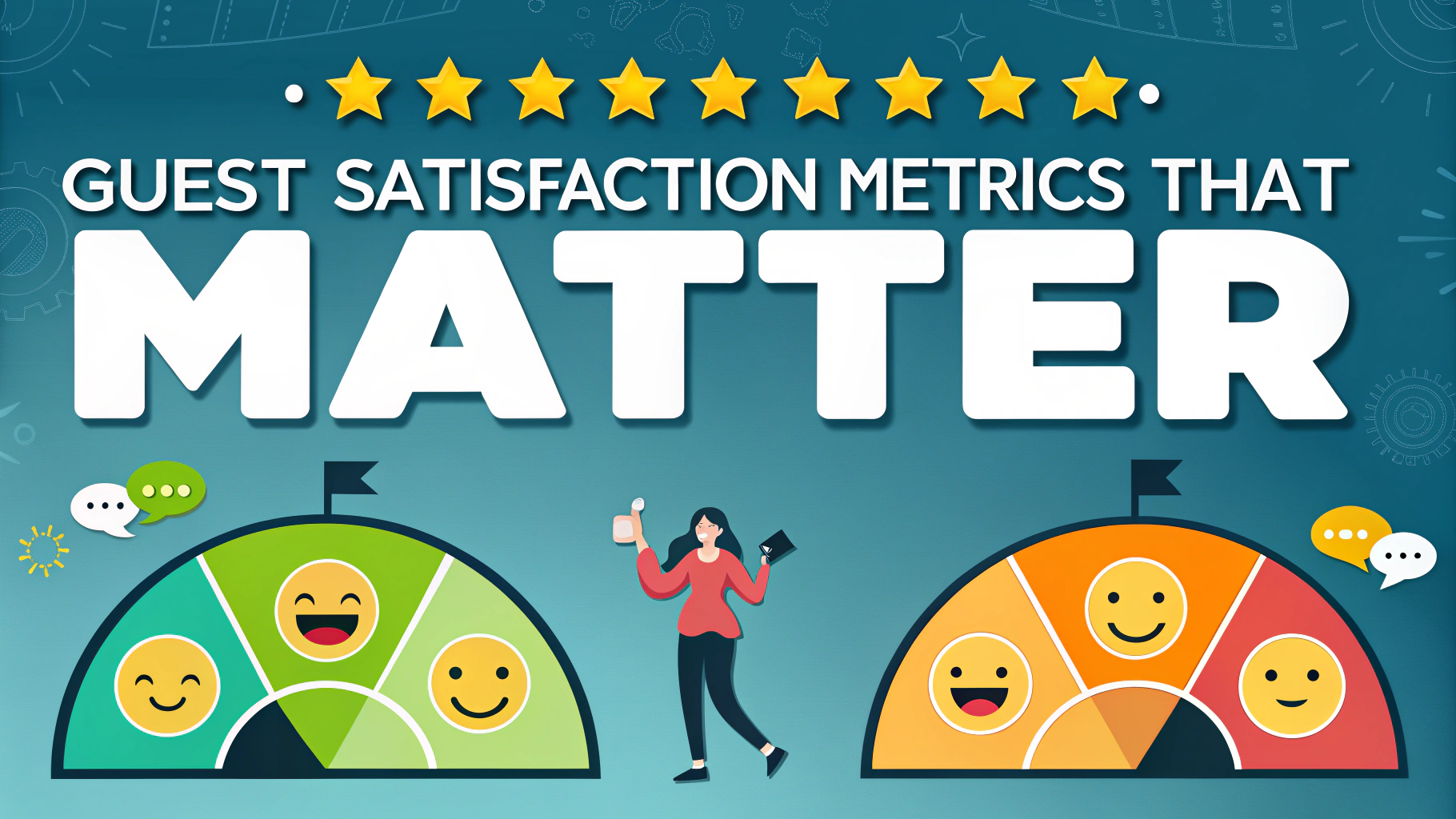Hotels operating across different cultures need specialized marketing approaches that respect and leverage cultural differences to attract and retain international guests.
Cultural intelligence in hotel marketing involves understanding and adapting to various cultural preferences, communication styles, and purchasing behaviors of diverse target markets.
This quick guide explores effective strategies for hotels to develop culturally intelligent marketing campaigns that resonate with guests from different backgrounds.
Understanding Cultural Intelligence in Hotel Marketing
Cultural intelligence (CQ) refers to the ability to relate and work effectively across cultures.
- Knowledge of cultural values and norms
- Awareness of cultural differences in communication
- Adaptation of marketing messages
- Understanding of local customs and preferences
Key Cultural Considerations for Hotel Marketing
| Cultural Aspect | Marketing Implication |
|---|---|
| Language | Provide marketing materials in multiple languages with proper translations |
| Color Symbolism | Use culturally appropriate colors in marketing materials |
| Religious Practices | Respect religious holidays and customs in marketing timing |
| Social Norms | Adapt imagery and messaging to local social standards |
Practical Implementation Steps
- Market Research: Conduct thorough research on target markets’ cultural preferences
- Local Partnerships: Collaborate with local marketing agencies and cultural consultants
- Content Localization: Adapt website content, social media, and promotional materials
- Staff Training: Provide cultural sensitivity training to marketing teams
Digital Marketing Adaptations
Different cultures respond differently to various digital marketing channels and approaches.
- Website design preferences by region
- Social media platform selection based on local popularity
- Payment method options aligned with local preferences
- Mobile optimization for markets with high mobile usage
Visual Content Guidelines
Images and videos should reflect cultural sensitivity and local preferences.
- Use diverse representation in marketing materials
- Consider cultural taboos in imagery
- Adapt room layouts and amenities in photos to match cultural expectations
- Include local landmarks and cultural elements when appropriate
Measuring Success
Track these key performance indicators (KPIs) to measure cultural marketing effectiveness:
- Booking rates from specific cultural markets
- Customer feedback by region
- Social media engagement rates across different cultures
- Return guest rates from international markets
Resources and Tools
Useful resources for developing culturally intelligent marketing:
- Hofstede Insights (www.hofstede-insights.com)
- Cultural Intelligence Center (www.culturalq.com)
- Local tourism boards
- International hotel marketing associations
Building Long-term Cultural Marketing Success
Success in cultural intelligence marketing requires ongoing commitment to learning, adaptation, and refinement of strategies.
- Regular review and update of marketing materials
- Continuous staff training and development
- Building relationships with cultural consultants
- Staying informed about cultural trends and changes
Marketing Channel Optimization
Different cultural markets require specific approaches to marketing channel selection and optimization.
- Email marketing frequency and timing adjustments
- Cultural preferences for direct vs. indirect communication
- Preferred booking platforms by region
- Influencer partnerships based on cultural relevance
Customer Service Integration
Marketing messages must align with actual service delivery capabilities across cultures.
- Multi-language customer support
- Cultural expectations for service levels
- Response time preferences by market
- Communication style adaptation
Seasonal and Event Marketing
Cultural celebrations and seasonal preferences create unique marketing opportunities.
- Cultural festival packages
- Holiday-specific promotions
- Seasonal travel patterns
- Local event tie-ins
Crisis Communication Planning
Cultural sensitivity becomes especially crucial during crisis communications.
- Cultural considerations in emergency messaging
- Translation accuracy for urgent communications
- Appropriate channels for critical updates
- Cultural expectations for problem resolution
Cultivating Global Marketing Excellence
Successful cultural marketing in the hotel industry requires continuous evolution and adaptation.
- Maintain flexibility in marketing strategies
- Invest in cultural intelligence development
- Build sustainable cross-cultural relationships
- Monitor global hospitality trends
- Embrace diversity as a core marketing value
Hotels that master cultural intelligence in their marketing efforts position themselves for sustained success in the global hospitality market, creating meaningful connections with guests from diverse cultural backgrounds.
FAQs
- What is cultural intelligence in hotel marketing?
Cultural intelligence refers to the ability to understand, respect, and effectively communicate with people from different cultural backgrounds in hotel marketing strategies, including adapting marketing messages, visuals, and services to suit diverse cultural preferences. - How does cultural intelligence impact hotel revenue?
Cultural intelligence directly affects revenue by increasing guest satisfaction, encouraging repeat bookings from international travelers, reducing cultural mishaps, and improving brand reputation in global markets. - What are the key elements of culturally intelligent hotel marketing?
Key elements include localized content creation, appropriate use of colors and symbols, culturally sensitive imagery, proper translation services, understanding local customs and holidays, and adapting promotional messages to cultural contexts. - How can hotels adapt their digital marketing for different cultures?
Hotels can adapt by using region-specific social media platforms, implementing multilingual websites, considering local search engine preferences, and creating culturally relevant content for each target market. - What role does language play in culturally intelligent hotel marketing?
Language is crucial in ensuring accurate communication, proper translations of marketing materials, appropriate use of idioms, and understanding cultural nuances in verbal and written communication. - How should hotels modify their services for different cultural expectations?
Hotels should adapt room amenities, dining options, service protocols, payment methods, and communication styles based on cultural preferences and expectations of different guest segments. - What are common cultural marketing mistakes hotels should avoid?
Common mistakes include using inappropriate imagery, neglecting religious considerations, misunderstanding cultural taboos, poor translations, and failing to recognize important cultural holidays or customs. - How can hotels train staff for cultural intelligence in marketing?
Hotels can implement cross-cultural training programs, provide cultural awareness workshops, develop cultural guidebooks, and ensure regular updates on cultural trends and preferences in target markets. - What tools can hotels use to improve their cultural intelligence?
Hotels can utilize cultural consulting services, market research tools, translation software, cultural intelligence assessment tools, and local market experts to enhance their cultural marketing approach. - How does cultural intelligence affect hotel branding?
Cultural intelligence influences brand positioning, visual identity, messaging tone, value propositions, and the overall brand experience to ensure relevance and appeal across different cultural markets.







